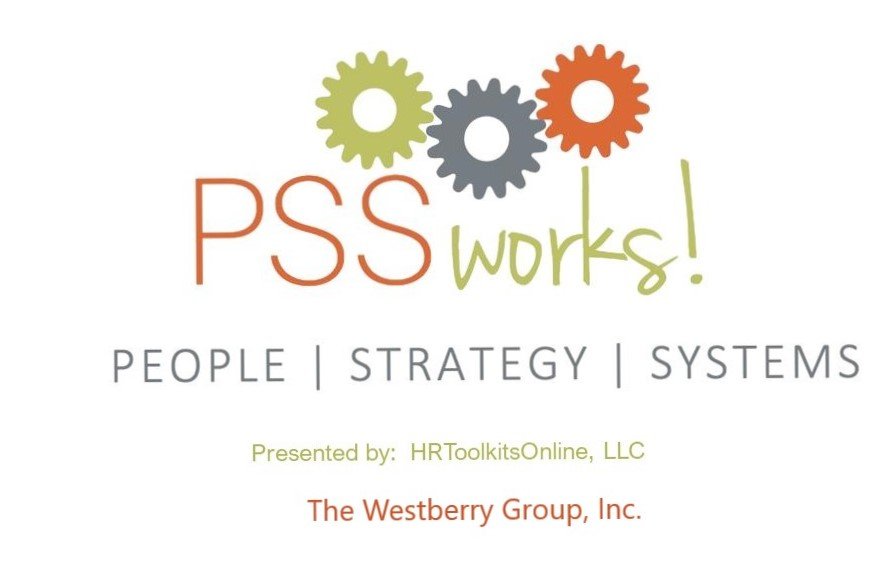Flipping The Behavior Switch!
Not long ago I was contacted by an employer who was facing a few behavioral problems with his workforce. He said that they were acting inappropriately towards each other and he was concerned it might lead to harassment complaint or worse.
I probed a little as I usually do and asked about the ages, genders and background of his staff. He replied that the “kids” are mostly recent high school grads and some attend college part time. We then talked about his onboarding and training process.
He was very candid when he said the company did all the operational training about equipment usage and service requirements, but spent very little time going over the company’s policies with the exception of their attendance policy.
As we talked about the behaviors he had observed I was starting to see the where his issues had their foundation, but the full realization didn’t hit me until he uttered those magic words “Well, at their age they should know how to behave at work.”
And the light bulb went on over my head with the light flashing...
“WRONG. WRONG. AND REALLY WRONG!”
How many times as employers have we said those same words about our employees, “They should know.” And how many times have we really done something to ensure our employees “do know”? Now think about these poor recent high schoolers or newbies to the workforce. One day their behaviors are the norm and acceptable and the next day, they are expected to know a whole different set of rules apply, even if the workforce is just like the people they were with in high school. Even those workers who have been around for a while need reminders.
People in general are social and with that socialization comes familiarity. With that familiarity “party manners” get forgotten and behaviors tend to relax. So, unless you start your behavior expectation training at the beginning and keep it going throughout your employee’s tenure you are setting yourself up for problems, just like my client…who didn’t have a clue why any of this was happening.
In order to keep the workforce operating smoothly, employers need to spend more of their time and money to educate their workforce about the behaviors and actions that are and are not acceptable. Without your involvement, the sad fact is your employees won’t know. Time spent educating your workforce can and will prevent hours of people issues in the future and keep those complaints from landing at your door.


